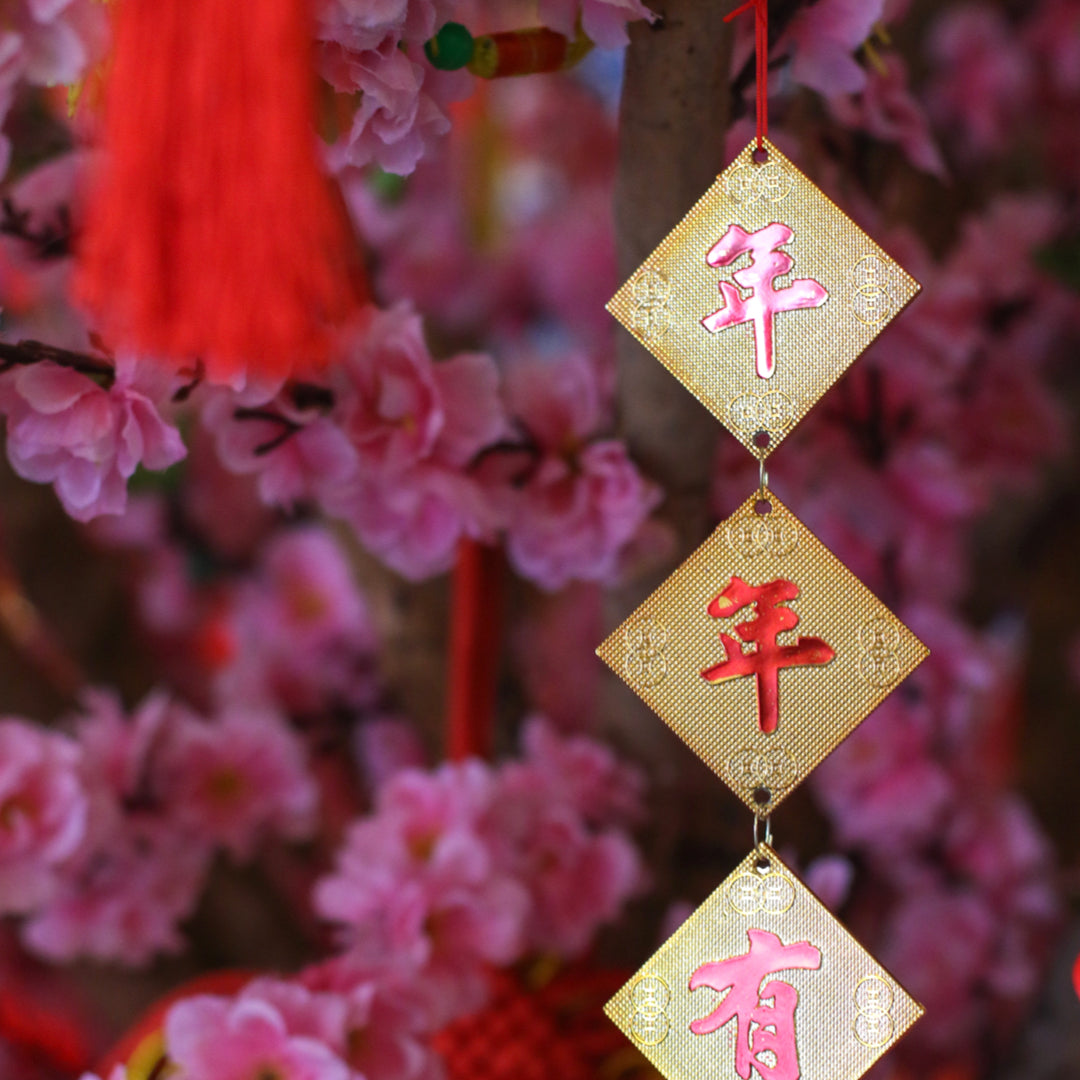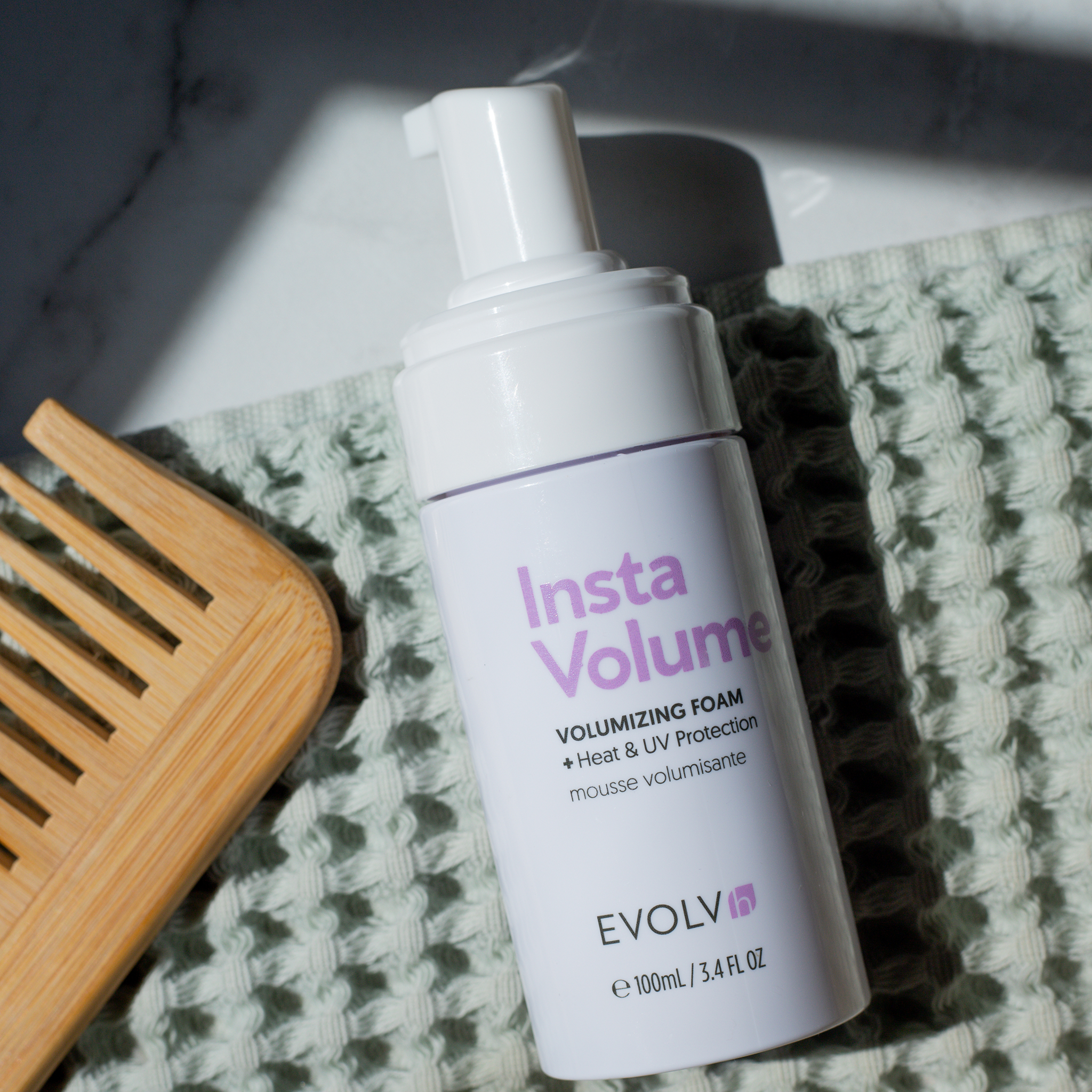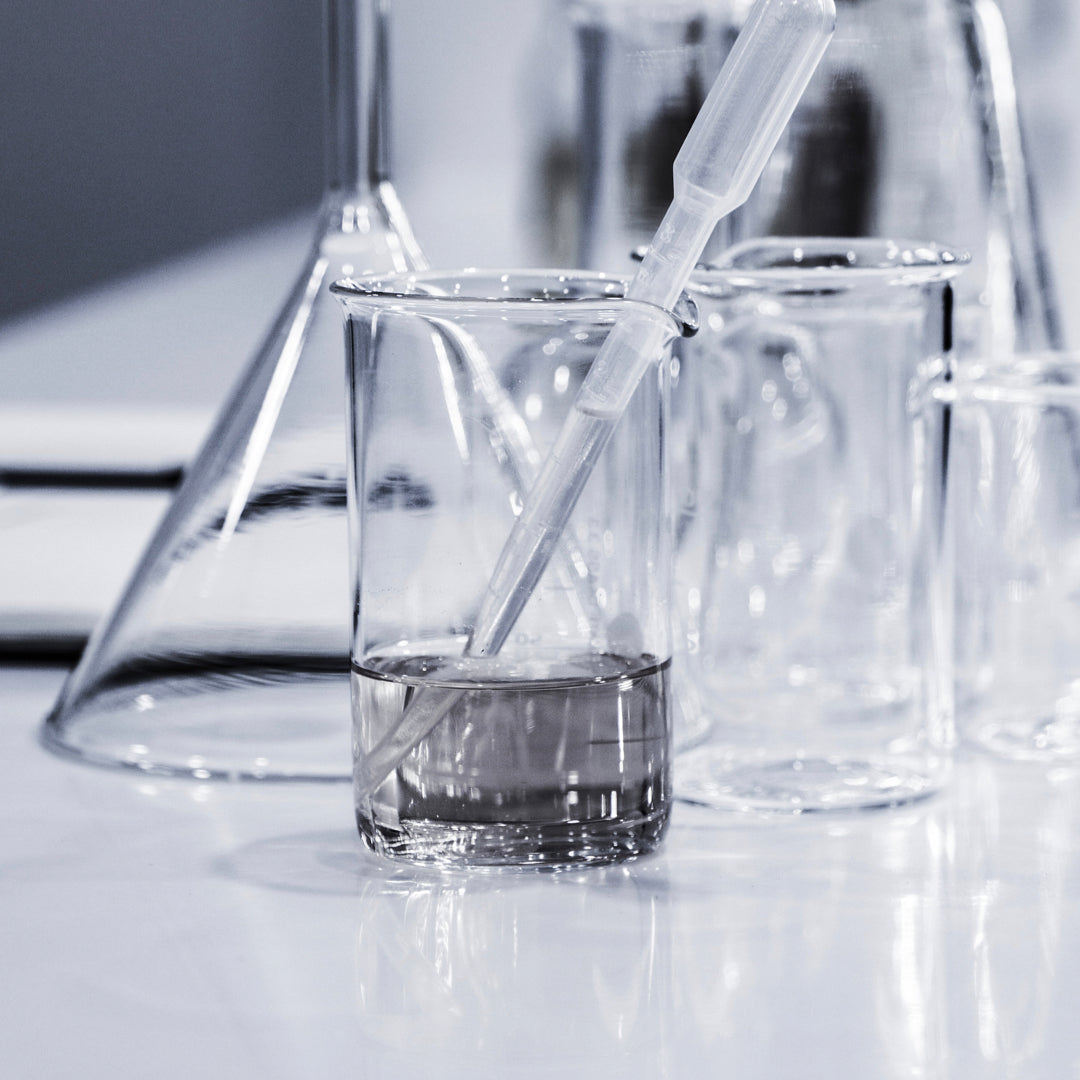Prevention Mag: The Best Natural Shampoos, According to Dermatologists
Whether your hair is dry or oily, you can find a natural shampoo with organic, chemical-free ingredients that works for you.

While we blush and glow with delight any time we get press coverage, there are occasions when our products are not only featured in outstanding company, but the piece itself is also so chock full of value that we simply can't wait to share it with you EVOLVhers. That was the case recently, with Prevention Magazine's roundup of the Best Natural Shampoos for Every Hair Type, According to Dermatologists. We're honored that our UltraShine Moisture Shampoo was ranked their number 1 and "best overall!"

While we blush and glow with delight any time we get press coverage, there are occasions when our products are not only featured in outstanding company, but the piece itself is also so chock full of value that we simply can't wait to share it with you EVOLVhers. That was the case recently, with Prevention Magazine's roundup of the Best Natural Shampoos for Every Hair Type, According to Dermatologists. We're honored that our UltraShine Moisture Shampoo was ranked their number 1 and "best overall!"
So without further ado, here's an excerpt from the original piece...
These days, we’re hyperaware that harsh chemicals and iffy ingredients are lurking everywhere, including our shampoo. Knowing this, it’s only natural (pun totally intended) to want to make the switch to a product that cleanses your strands with ingredients that come from nature instead of a lab—especially if your hair’s been looking a little meh lately.
“If you’re really struggling with dry brittle hair, breakage, or itchy scalp, it may be that some of the ingredients in your shampoo are to blame,” says Erum Ilyas, M.D., a board-dermatologist at Montgomery Dermatology in Pennsylvania. Traditional shampoos typically contain harsh detergents, such as sulfates, which can strip the hair of natural, protective oils.
Or maybe your hair’s in good shape, but you want to switch to a natural shampoo to minimize your exposure to certain chemicals. Just note that many products say they’re natural on the bottle, or offer a blend of holistic-sounding ingredients (ex: willow bark), but may not live up to their claims.
That’s because there’s no medical definition for the word “natural,” and there’s no regulation on its use. “It’s strictly a marketing term,” says Dr. Ilyas. Every brand has its own definition of “natural” and that can vary considerably.
“It’s difficult to come up with a consensus definition of ‘natural’ when it comes to beauty products, though most skin experts would recommend products that avoid sulfates, parabens, and BPA,” says Zain Husain, M.D., a board-certified dermatologist at New Jersey Dermatology & Aesthetics Center.
How to choose the best natural shampoo for your hair type
Define “natural” on your own terms: Since there’s no one definition to identify a “natural” shampoo, defining what it means to you can help you find a product that aligns with your expectations. “The range of options that seem to qualify as natural can be anywhere from homemade to simply being sulfate- and paraben-free,” says Dr. Ilyas
The top ingredients typically avoided by natural shampoo brands? Sulfates, parabens, silicones siloxanes, formaldehyde, ethoxylated ingredients, polysorbates, phenoxyethanol, petrochemicals, triclosan, TEA/DEA, synthetic fragrances, and colors. (Phew.) Many of these have some evidence of negative health impacts, from triggering the development of allergies to causing abnormality in the endocrine system, says Michelle Green, M.D., NYC-based board-certified dermatologist and RealSelf.com contributor.
Know your hair and scalp type: “I usually recommend more hydrating shampoos for dry scalp and coarse, straight hair,” says Dr. Husain. “I like volumizing shampoos for those with thinner and limp hair. For curly hair, I prefer moisturizing shampoos that reduce frizz without feeling heavy on curls.”
Familiarizing yourself with natural ingredients will help you reach your desired outcome. “If your hair is brittle and dry, for example, avoid ingredients that are more stripping of buildup, like tea tree and eucalyptus oils, and try more healing ingredients, like coconut and shea butters,” says celebrity hairstylist Mia Santiago. Or if you’re looking to balance oil production, make sure jojoba oil is one of the star ingredients.
Keep an eye out for irritants: Natural ingredients, especially botanicals and fragrance, can still cause adverse reactions. Because the FDA doesn’t regulate the use of “hypoallergenic” either, check the label for any natural ingredients you might be sensitive to. The higher they are on the list, the more of the potential irritant the shampoo contains.
Check for certifications. Getting certified might not be necessary for natural products, but looking for brands that certify anyway can save you a ton of time. If the shampoo’s label shows certifications from organizations like the Natural Products Association, The Soil Association, COSMOS-standard, EWG, or NATRUE, chances are it really contains natural ingredients.

Check out the full original piece here >
These days, we’re hyperaware that harsh chemicals and iffy ingredients are lurking everywhere, including our shampoo. Knowing this, it’s only natural (pun totally intended) to want to make the switch to a product that cleanses your strands with ingredients that come from nature instead of a lab—especially if your hair’s been looking a little meh lately.
“If you’re really struggling with dry brittle hair, breakage, or itchy scalp, it may be that some of the ingredients in your shampoo are to blame,” says Erum Ilyas, M.D., a board-dermatologist at Montgomery Dermatology in Pennsylvania. Traditional shampoos typically contain harsh detergents, such as sulfates, which can strip the hair of natural, protective oils.
Or maybe your hair’s in good shape, but you want to switch to a natural shampoo to minimize your exposure to certain chemicals. Just note that many products say they’re natural on the bottle, or offer a blend of holistic-sounding ingredients (ex: willow bark), but may not live up to their claims.
That’s because there’s no medical definition for the word “natural,” and there’s no regulation on its use. “It’s strictly a marketing term,” says Dr. Ilyas. Every brand has its own definition of “natural” and that can vary considerably.
“It’s difficult to come up with a consensus definition of ‘natural’ when it comes to beauty products, though most skin experts would recommend products that avoid sulfates, parabens, and BPA,” says Zain Husain, M.D., a board-certified dermatologist at New Jersey Dermatology & Aesthetics Center.
How to choose the best natural shampoo for your hair type
Define “natural” on your own terms: Since there’s no one definition to identify a “natural” shampoo, defining what it means to you can help you find a product that aligns with your expectations. “The range of options that seem to qualify as natural can be anywhere from homemade to simply being sulfate- and paraben-free,” says Dr. Ilyas
The top ingredients typically avoided by natural shampoo brands? Sulfates, parabens, silicones siloxanes, formaldehyde, ethoxylated ingredients, polysorbates, phenoxyethanol, petrochemicals, triclosan, TEA/DEA, synthetic fragrances, and colors. (Phew.) Many of these have some evidence of negative health impacts, from triggering the development of allergies to causing abnormality in the endocrine system, says Michelle Green, M.D., NYC-based board-certified dermatologist and RealSelf.com contributor.
Know your hair and scalp type: “I usually recommend more hydrating shampoos for dry scalp and coarse, straight hair,” says Dr. Husain. “I like volumizing shampoos for those with thinner and limp hair. For curly hair, I prefer moisturizing shampoos that reduce frizz without feeling heavy on curls.”
Familiarizing yourself with natural ingredients will help you reach your desired outcome. “If your hair is brittle and dry, for example, avoid ingredients that are more stripping of buildup, like tea tree and eucalyptus oils, and try more healing ingredients, like coconut and shea butters,” says celebrity hairstylist Mia Santiago. Or if you’re looking to balance oil production, make sure jojoba oil is one of the star ingredients.
Keep an eye out for irritants: Natural ingredients, especially botanicals and fragrance, can still cause adverse reactions. Because the FDA doesn’t regulate the use of “hypoallergenic” either, check the label for any natural ingredients you might be sensitive to. The higher they are on the list, the more of the potential irritant the shampoo contains.
Check for certifications. Getting certified might not be necessary for natural products, but looking for brands that certify anyway can save you a ton of time. If the shampoo’s label shows certifications from organizations like the Natural Products Association, The Soil Association, COSMOS-standard, EWG, or NATRUE, chances are it really contains natural ingredients.

Check out the full original piece here >



